For quite some time, there has been speculation of a coming recession. There are many theories about when and how it will happen, but there is no doubting its arrival. Whether it is or not, it is preferable to be prepared with expertise to support your family.
People have always been hit hard by recessions, with downsizing and layoffs. Although this might be a frightening circumstance, there are wise proactive strategies to plan for worst-case scenarios. One method is to recession-proof your pantry.


A recipe is typically regarded as recession-proof if it calls for ingredients that are long-lasting. This is why we quickly think of products like canned foods, or other shelf-stable commodities. However, items that can be frozen and quickly thawed or conveniently prolonged might also be thought of as recession-proof.
We are trying to accomplish more with fewer resources during a recession, and this is evident in the way we cook, as we opt for reasonably priced, accessible, simple to prepare items that can be used in several dishes.
Canned Beans
Every kind of bean packs a lot of nutrients and calories into every meal, which is useful if you're trying to cut back on your food bill. The fiber in beans serves to nourish the healthy bacteria in your stomach, bind and flush out toxins and waste from your body, as well as lower cholesterol and body weight.
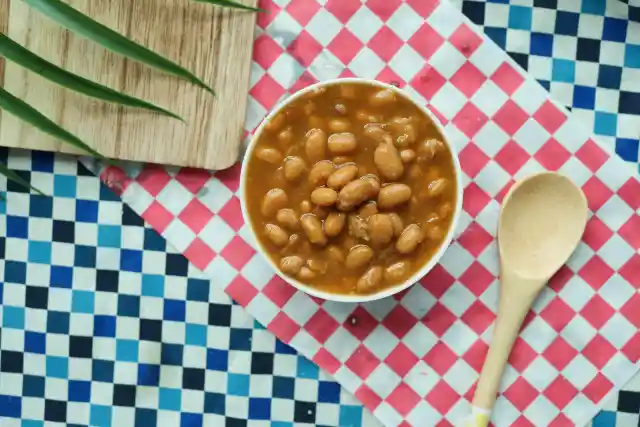
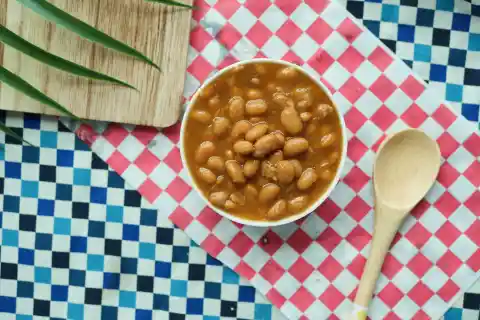
It also keeps you full and happy for a long time after a meal. Additionally, beans are a good source of protein, a macronutrient that is sometimes lacking in the diets of those who are trying to cut costs at the grocery store.
Flour
When things are tough, you'll want to keep enough of flour on hand. At a fraction of the cost of pre-processed food purchases, you can cook a wide variety of meals and baked items from scratch. You can prepare delectable handmade flour tortillas.


Not to mention, you can bake your own bread! Flour doesn't keep well in storage for very long. Check the bags' expiration dates and make a strategy to rotate them at least once every year.
Rice
Another inexpensive item that you can buy in large quantities to stretch your meager dinner selections is rice. Any pantry storage strategy should include rice as a basic staple. Even though white rice doesn't have as many nutrients as brown rice, it is still a vital ingredient that may be utilized in a wide variety of dishes when we are making food.
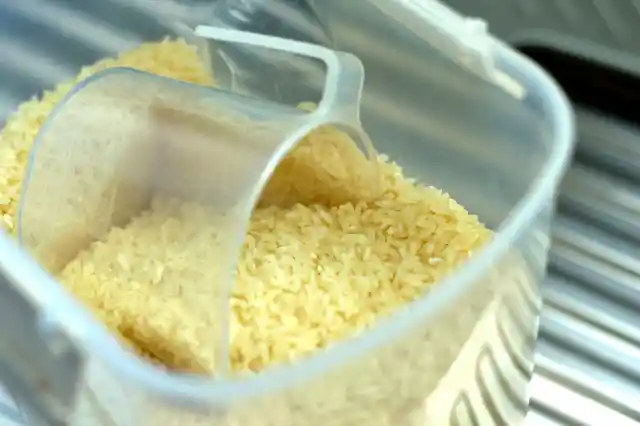
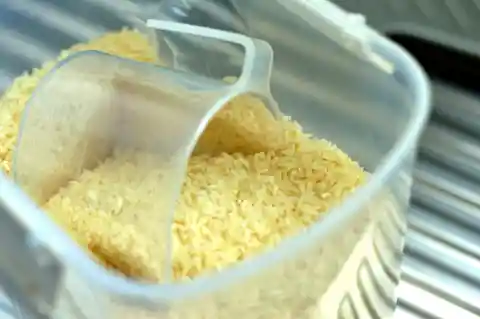
Brown rice, however, has a relatively limited shelf life (six months in the pantry and 12 months in the refrigerator or freezer). Plan your rice inventory depending on the number of meals you anticipate utilizing this product and the size of your family.
Canned Fish
Since canned fish hasn't been significantly impacted by inflation over the previous few years like many other meats have, you should be aware of this. It may be used to make a mouthwatering cold appetizer or even blended into a simmering stew at the end to give it a powerful taste.


It gives spreads and sautéed vegetables an umami flavor. One excellent choice is canned Alaska salmon, which is prepared from wild and sustainably caught salmon, is jam-packed with high-quality protein, omega-3s, and other minerals, and can be used in a variety of dishes.
Dried Pulses
Classic culinary basics include beans and lentils. But a lot of people choose to purchase canned variations. Although the cans are practical, dried pulses offer the same high protein and fiber content at a considerably lower price.


With just a little time management to allow them to soak, you'll be rewarded with good savings.
Tomato Paste
Many recipes call for tomato paste to provide flavor depth and intensity, particularly when making braises. Tomato paste often does not change in price even when fresh tomatoes are scarce or prohibitively costly.
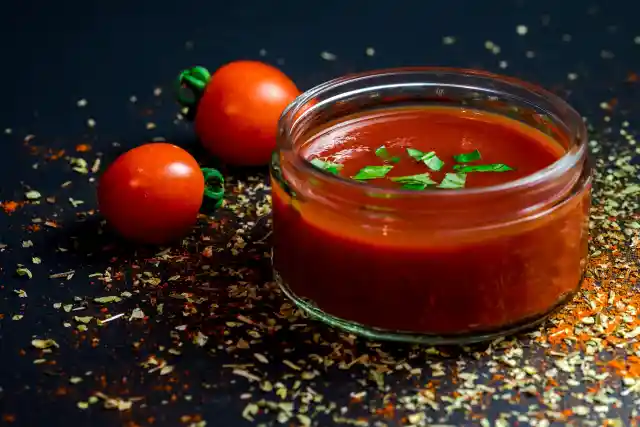

It gives soups, stews, braises, and chilis a rich, deep taste and is usually less expensive than corresponding canned sauces. Scoop out tablespoons to freeze whenever you open a can for simple portioning and fewer food waste.
Dried Pasta
Who doesn't enjoy a good bowl of pasta? For decades, families have relied on pre-made pasta to feed their large families. There is more choice accessible now than ever before.
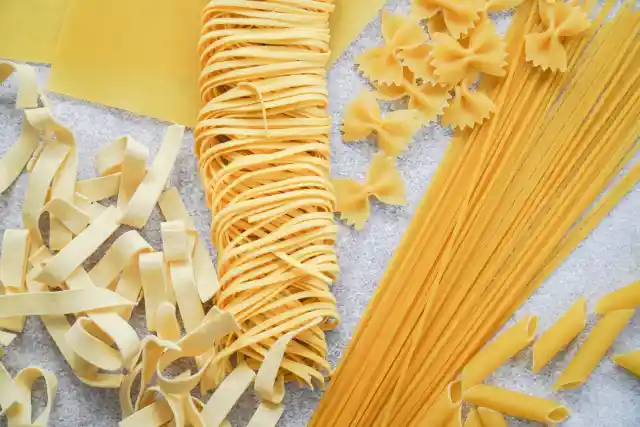
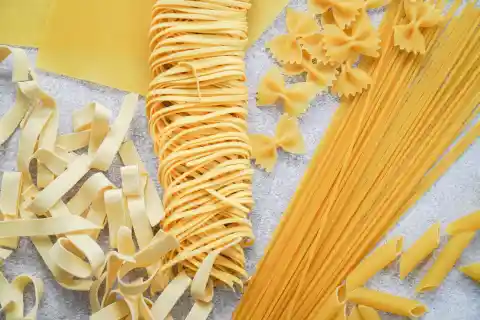
Try a whole-wheat type, one that uses lentils to sneak in protein, or even simply a different form, like gnocchi, to shake things up. With tomato paste and some right seasoning, you can go a long way with dried pasta.
Oats
Oats are an affordable alternative with a lengthy shelf life. Oats are useful for more than just producing oatmeal; they may also be used to extend the shelf life of mince beef and create delectable granola treats.


Consider adding some oats to your next dish to increase the serving size and observe how your family reacts to the flavor and texture.
Spices and Sauces
Don't skimp when it comes to your pantry's spices. Have plenty of your preferred spices and seasonings on hand at all times. Among the essentials are Kosher salt, ground peppercorns, and cinnamon. They're inexpensive and will enhance the flavor of your simple foods.
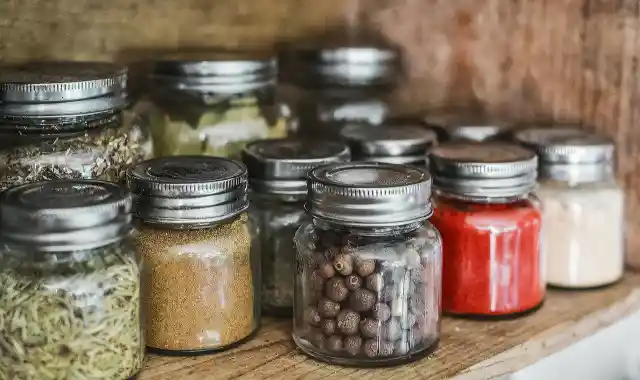
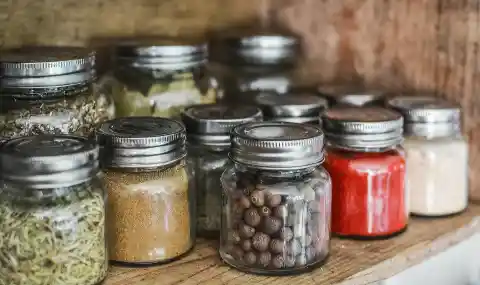
Depending on the manufacturer, sauces may also last for a very long period while adding inexpensive flavor to your food. Without this addition to your pantry, eating grilled food will be difficult throughout the summer.